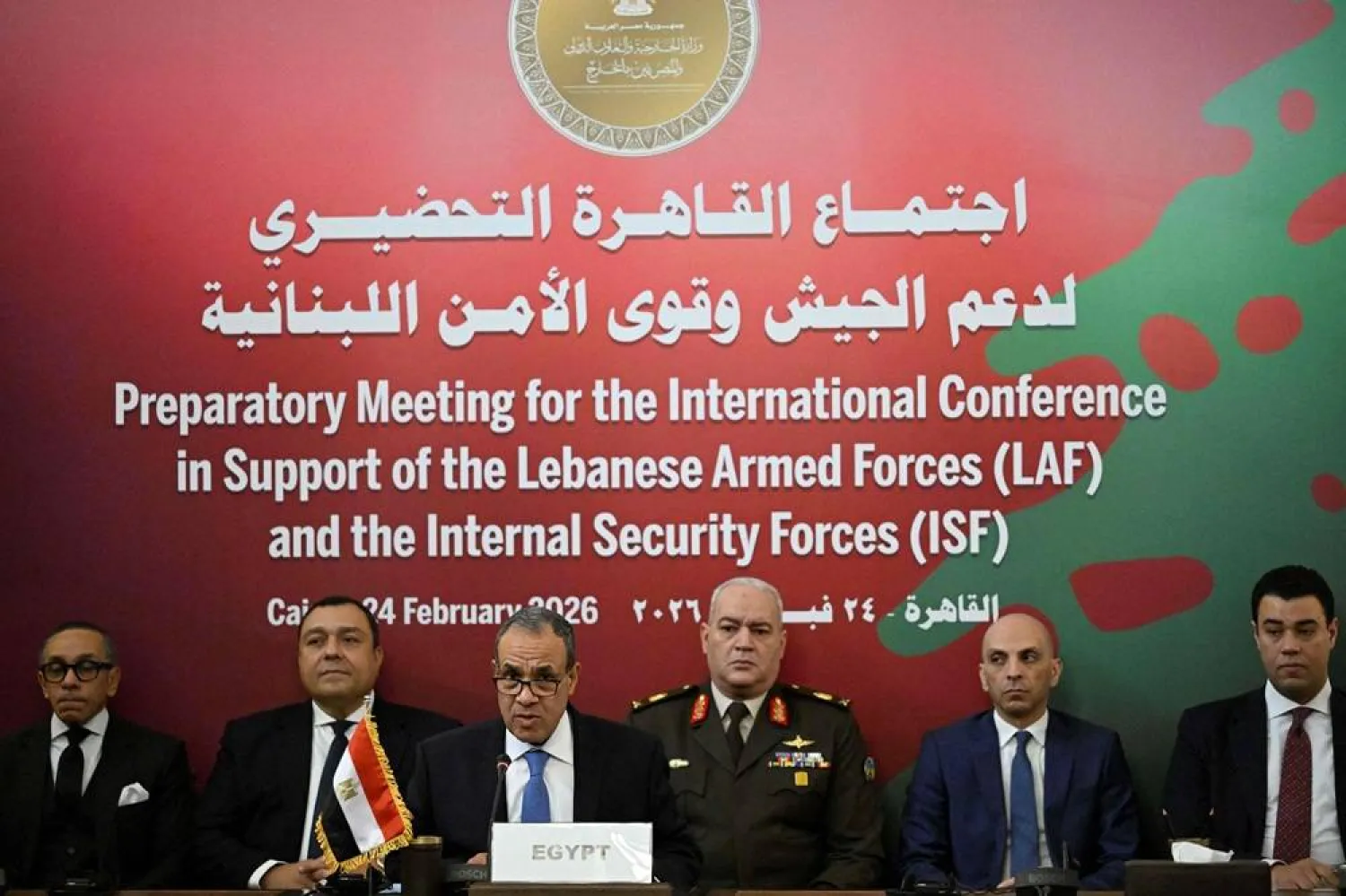Iran has reduced its military footprint in Syria after a succession of strikes blamed on Israel, a source close to Iran-backed Hezbollah and a war monitor said Wednesday.
Iran has provided military support to Syrian government forces through more than a decade of civil war but a series of strikes targeting its commanders in recent months has prompted a reshaping of its presence, the sources said.
"Iran withdrew its forces from southern Syria," including both Quneitra and Daraa provinces, which abut the Israeli-annexed Golan Heights, the source close to Hezbollah said.
But it still maintains a presence in other parts of the country, the source added.
Recent months have seen a series of strikes on Iranian targets in Syria, widely blamed on Israel, culminating in an April 1 strike that levelled the Iranian consulate in Damascus and killed seven Revolutionary Guards, two of them generals.
That strike prompted Iran to launch a first-ever direct missile and drone attack against Israel on April 13-14 that sent regional tensions spiraling.
But Iran had already begun drawing down its forces after a January 20 strike that killed five Revolutionary Guards in Damascus, including their Syria intelligence chief and his deputy, the source close to Hezbollah said.
Britain-based war monitor, the Syrian Observatory for Human Rights, said Iranian forces had withdrawn from Damascus and southern Syria.
Iran-backed Lebanese and Iraqi fighters had taken their place, Observatory chief Rami Abdel Rahman said.
Iran has said repeatedly that it has no combat troops in Syria, only officers to provide military advice and training.
But the Observatory says as many as 3,000 Iranian military personnel are present in Syria, supported by tens of thousands of Iranian-trained fighters from countries including Lebanon, Iraq and Afghanistan.
Abdel Rahman said that many of Iran's advisers had left Syria in recent months, especially after a strike in March killed a Revolutionary Guard and two others -- although some remained in Aleppo province in the north and Deir Ezzor province in the east.
People who have recently travelled to Damascus told AFP Iran's presence had become less visible in the Syrian capital, with several Iranian army offices in its Old City now closed.
The Iranian flags and portraits of Iran's leaders that hung in parts of Damascus have mostly disappeared, they added.
Now, the Iranian presence was visible only in Sayyida Zeinab, an important Shiite destination in the city's southern outskirts, they said.









